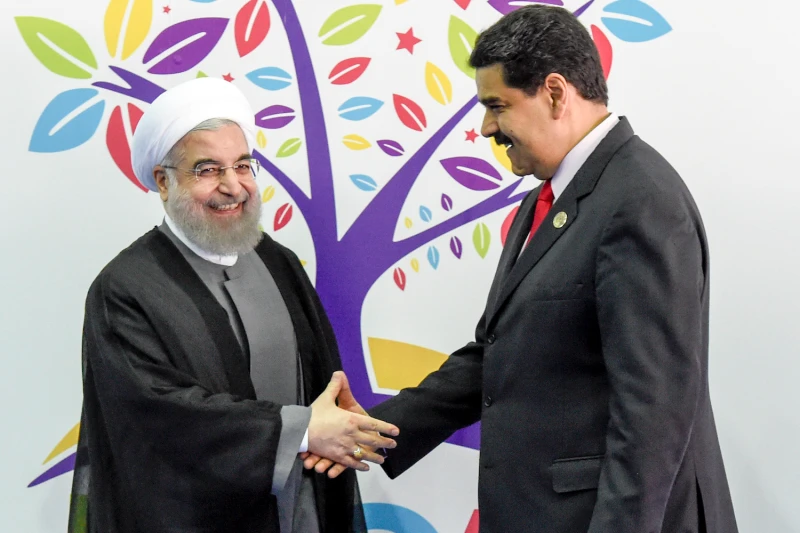In recent months, Iran has helped Venezuela, a country in South America, to shore up oil production so that Iranian revolutionary guards can easily enter the region. Iranian-funded terror groups are also expanding in capability and global reach. Is it a threat to the United States?
Iran’s Islamic Revolutionary Guard Corps (IRGC) was named on an American terror blacklist in 2019. The US placed the IRGC on its “Foreign Terrorist Organisations” list. Earlier, Iran was also accused of supporting militant groups, including Hezbollah in Lebanon, Hamas in Gaza, and other Palestinian organisations like Islamic Jihad and the Popular Front for the Liberation of Palestine-General Command. Reportedly, the Iran-backed militant Hezbollah group was responsible for problems in Lebanon. Hezbollah was also involved in the war in Yemen. The militant group reportedly also trained Houthi rebels to fight the Saudi-led coalition. The US also accused Iran of supporting Iraqi Shia militias that have targeted US military personnel. However, Iran has also always denied such claims.
Related Posts
Iran’s increase in revenue is a threat to the region because many international organisations think that the Iranian regime is also involved in terrorism. Iranians are also exporting a million barrels of oil a day, which is five times more than the cut down in 2020. Iran’s revenues from oil and other exports have increased rapidly in 2022. This increased revenue will increase Iran’s funding to terrorist organisations. The profit and revenue are also fueling Iran’s nuclear and missile programs, which can be used once again to destabilize the region.
Iran and its terrorist networks are expanding in the region. Iran’s strategies to attack the US from Venezuela can also affect global security. In June, Venezuelan President Nicolas Maduro arrived in Iran for a two-day visit. During the visit, Iran and Venezuela signed a 20-year cooperation agreement.
Venezuela’s second-largest refinery, Cardon, took delivery of 200,000 barrels of Iranian heavy crude earlier in April. Reportedly, another 400,000 barrels of crude were discharged at Puerto José in May.
Venezuela’s state oil and gas company PDVSA continues to receive supplies of condensate from its Iranian partners Iran has also established good relations with several Latin American nations over the past few years.
The importance to enforce sanctions against Iran
In 1979, the United States imposed broad economic sanctions against Iran. Later on, the US also imposed various additional sanctions against Iran. The US also accused the Iranian government of developing nuclear weapons and funding terrorism abroad. The sanctions block US-based oil companies from operating in Iran.
The US also imposed sanctions against Iran in response to the Iranian nuclear program and Iranian support for Hezbollah, Hamas, and Palestine Islamic Jihad. Several other countries have also imposed unprecedented sanctions to censure Iran and prevent its further progress in prohibited nuclear activities. These sanctions prevent Iran from engaging in terrorism and limit its nuclear activities. Iran has a nuclear weapon that can be dangerous for the entire world.

